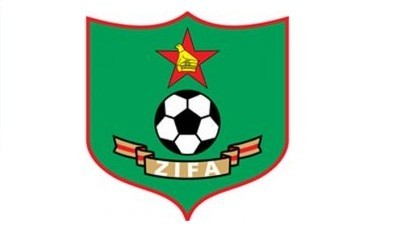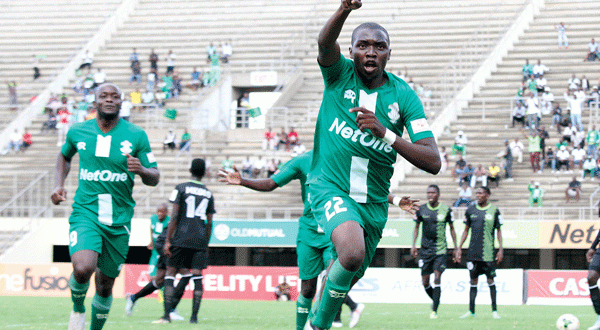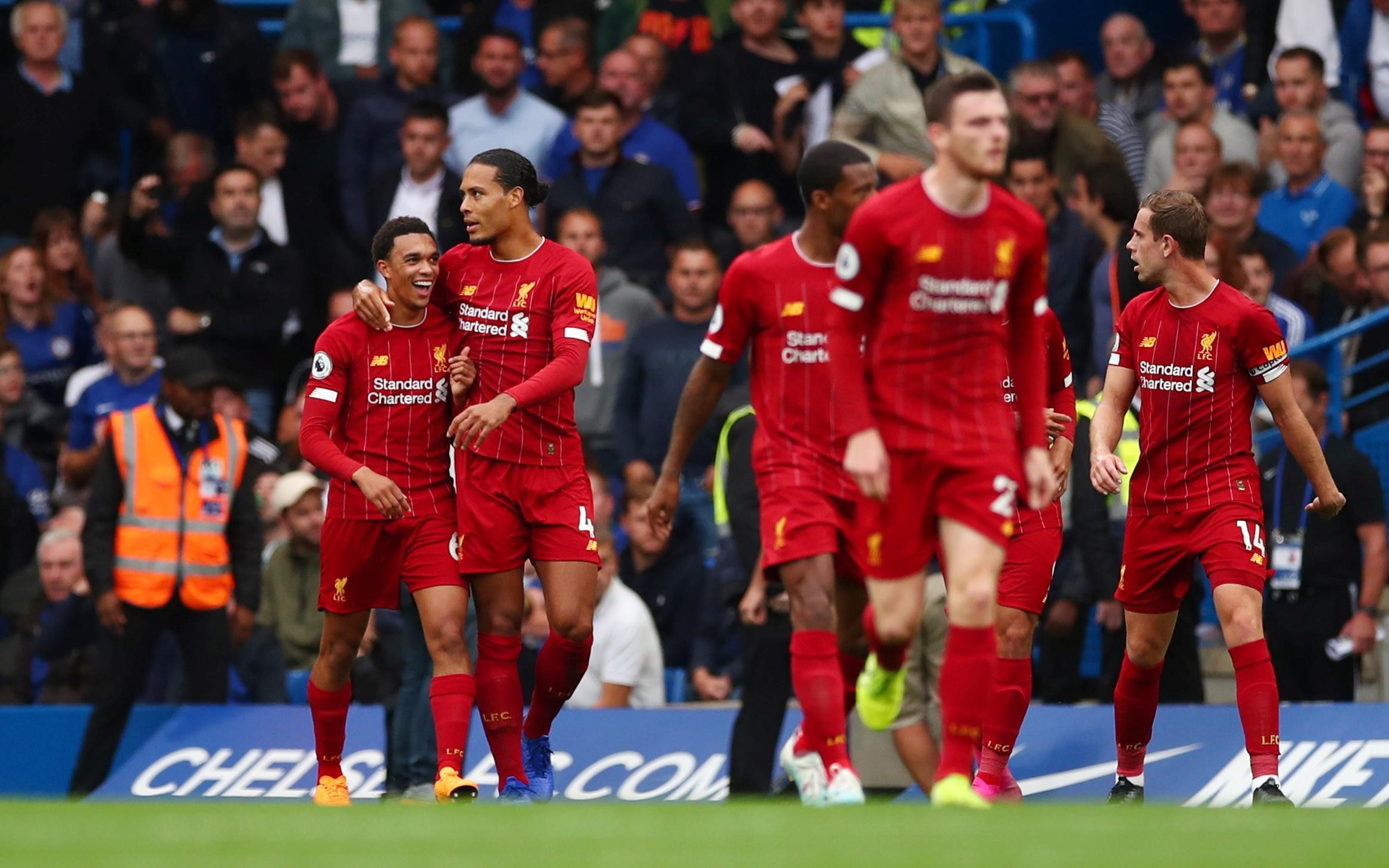
ZIFA, in the event they avoid a ban, will receive $1,3 million from world football governing body Fifa, part of which will be used to settle debts.
WELLINGTON TONI SPORTS EDITOR
Zimbabwe’s funds will be a one-off $750 000 financial contribution as part of the 2014 World Cup held in Brazil last year, $250 000 for the annual Financial Assistance Programme (FAP) and $300 000 for the 2018 World Cup qualifiers which will start in October.
Zifa’s finances are being handled by Harare law firm Dube, Manikai and Hwacha, who were appointed by Fifa last year following the visit of Fifa Development Programmes Africa senior manager Zelkifli Ngoufonja and East and Southern Africa development manager Ashford Mamelodi.
Fifa, in its end-of-year circular to national associations, said each of its 209 associations was entitled to $1,05 million, adding the $250 000 bonus already available to take the contribution for each $1,3 million.
The overall bill for this, for all national associations, comes to $271,7 million.
In a letter to members, Fifa secretary-general Jérôme Valcke confirmed that they would receive an “additional bonus” of $500 000, “in connection with the final financial results of the 2014 Fifa World Cup Brazil”.
This would be in addition to a $300 000 payment to those participating in 2018 World Cup qualifiers which was first alluded to following a Fifa executive committee meeting in Marrakech, Morroco.
- Chamisa under fire over US$120K donation
- Mavhunga puts DeMbare into Chibuku quarterfinals
- Pension funds bet on Cabora Bassa oilfields
- Councils defy govt fire tender directive
Keep Reading
“Consequently and in summary,” Valcke wrote, “this means that in 2015, each member association will be entitled to receive $1 050 000: $250 000 for the 2015 FAP;
$500 000 as a one-off financial bonus; and $300 000 as support for the preparation of and participation in the 2018 Fifa World Cup qualifiers”.
“This sum is in addition to the first tranche of $250 000 of the bonus that was made available after the 2014 Fifa congress. Therefore, the total one-off contributions made to member associations as a result of the good financial results of the 2014 Fifa World Cup amount to $1 050 000 each plus, as mentioned, the normal 2015 FAP contribution of $250 000, making a grand total of $1 300 000.”
Zifa is facing an attack from various groups and the Sport, Arts and Culture deputy minister Thabitha Kanengoni-Malinga, who wants the board, elected on March 27, last year dissolved immediately for maladministration among other things.
But Valcke had already warned of dire consequences for Zimbabwean football should there be government interference.
“We have learnt from media reports that the Zimbabwean authorities have supposedly discussed the possibility to disband the board of the Zimbabwe Football Association (Zifa),” wrote Valcke.
“Should the allegations prove to be true, we would like to remind you that according to articles 13 and 17 of the Fifa statutes, Zifa has to manage its affairs independently and with no influence from any third parties.
“Failure to do so would be considered as a violation of the Fifa statutes and Zifa would be subject to sanctions, including a suspension. In addition, the suspension would only be lifted once the status quo would be restored.
“Lastly, a suspension would mean that all Fifa member associations would not entertain sporting contacts with Zifa and that Zifa would not benefit from any programme or financial assistance from Fifa and Caf.”
During the visit last October, Ngoufonja expressed concern at the Zifa debt, accrued mainly from servicing the national team.
“I would really want to see next time when we come back here that we are talking about football. Most countries that we go, there is so much passion within the media about why the national team is not doing well?” said Ngoufonja.
“All the questions that we have had are linked to the finances. It is really sad and unfortunately it is the reality today.
“I think we are moving away from the game. It is really about football in the end, this is our business.”
The government, which was silent for three years when the country was ravaged by matchfixing, does not have a national sports policy and their major contribution to the Warriors was just $55 000 towards the team’s preparations for the Orange African Championships tournament.
Then Warriors coach Ian Gorowa brokered the deal for the Warriors to be fully kitted by Umbro.
Interestingly, in other countries, governments provide cash incentives for qualification to major tournaments and winning any major trophy.
At the ongoing Africa Cup of Nations finals in Equatorial Guinea, after receiving $30 000 for their quarter-final berth, Guinea were promised another $50 000 to beat Ghana last Sunday, although they eventually lost.
Had they progressed, each member of the Guinea team would have earned $150 000 per person (ie a $70 000 bonus for winning the trophy).
The Black Stars also earned $30 000 qualification bonus for advancing to the quarter-final.
Such countries, understandably when they interference in football association matters, are justified to some extent, although Fifa maintains that football associations should be independent.









